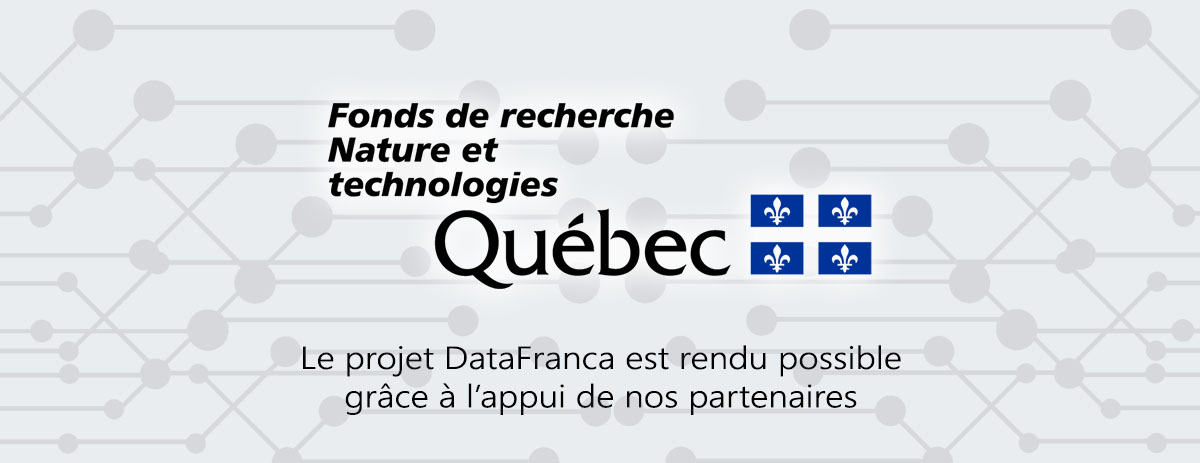« Analyse des caractéristiques lentes » : différence entre les versions
Aucun résumé des modifications |
m (Remplacement de texte : « * [https:// » par « [https:// ») |
||
| (9 versions intermédiaires par 2 utilisateurs non affichées) | |||
| Ligne 1 : | Ligne 1 : | ||
==Définition== | ==Définition== | ||
| Ligne 9 : | Ligne 4 : | ||
==Français== | ==Français== | ||
'''Analyse des caractéristiques lentes''' | '''Analyse des caractéristiques lentes''' | ||
==Anglais== | ==Anglais== | ||
'''Slow feature analysis ''' | '''Slow feature analysis ''' | ||
==Sources== | |||
[https://www.apprentissageprofond.org/ Source: ''L'apprentissage profond'', Ian Goodfellow, Yoshua Bengio et Aaron Courville Éd. Massot 2018 p.492] | |||
[[Catégorie:App-profond-livre]] | |||
[[Catégorie:Apprentissage profond]] | |||
[ | [[Catégorie:GRAND LEXIQUE FRANÇAIS]] | ||
Dernière version du 11 février 2024 à 22:29
Définition
L'analyse des caractéristiques lentes est un modèle linéaire factoriel qui utilise l'information de signaux temporels pour apprendre des caractéristiques invariantes ( Wiskott et Sejnowski, 2002 ).
Français
Analyse des caractéristiques lentes
Anglais
Slow feature analysis
Sources

Contributeurs: Gérard Pelletier, Jacques Barolet, wiki






